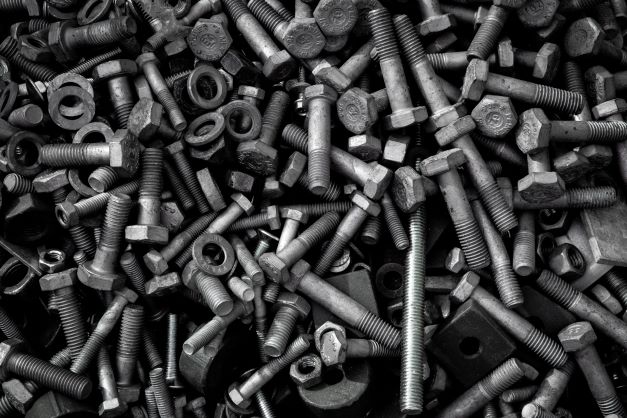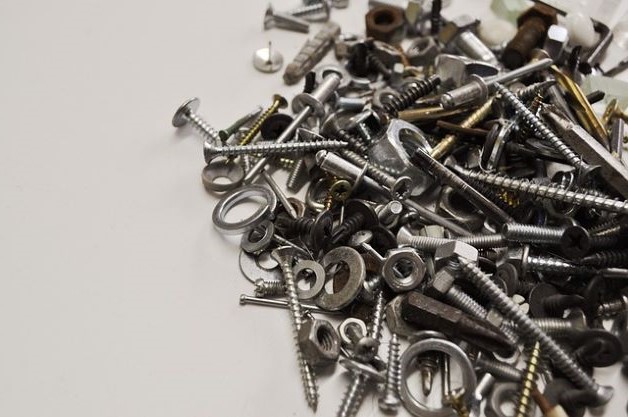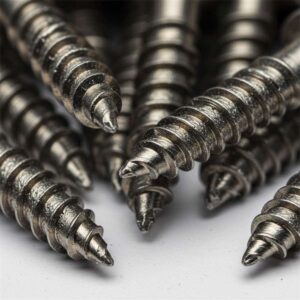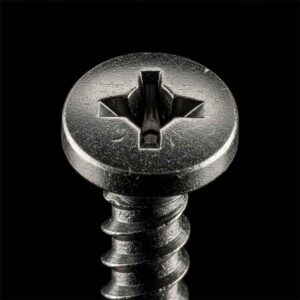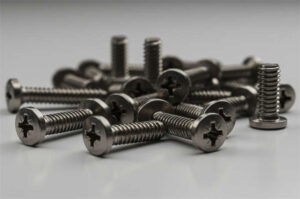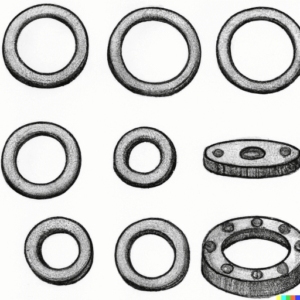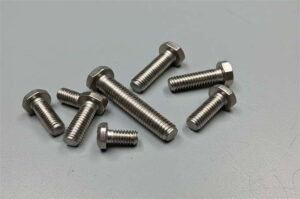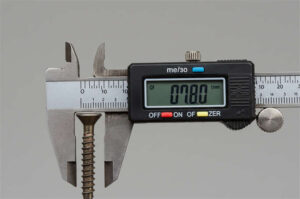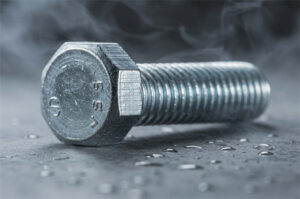Avoid these Common Mistakes with Fasteners
The various types of fasteners can sometimes make us confused about their wide usage. And improper use of fasteners will eventually lead to damage, failure, and safety risk. To avoid such incidents, individuals should be aware of basic information as well as the common mistakes they have to avoid in fastening. When one can understand the process of using the different types of fasteners, the job will more likely be successful and effective.
Here are 4 common mistakes to avoid in fastening:
Choosing the wrong material
Fasteners are known to have different materials in manufacturing. And as essential as selecting the right type of fastener for your project, it is also an important consideration to choose the right material for fasteners. Some metals can corrode easily when misused together, and an example would be the combination of aluminum and steel (carbon or stainless steel). The presence of environmental conditions can additionally weaken the materials over time.
It is best to know the factors that will affect the integrity of materials and do research on metal properties and their capacity.
Disregarding Dimensional Accuracy
Several reasons can impact damage and failure of an assembly including not using the right dimension and size of fasteners. Fastener dimensions determine the stability of the connection between two objects. When a bolt has a longer size than it should be it could lead to uneven distribution of load and eventually loosening of parts. When this happens, fasteners will either succumb to failure or corrosion of materials in a quick life span.
One should create a study and proper sizing of a project before it starts. Having a well-planned and accuracy about the dimension needs of the job is always the best thing for every fastening.
The use of the wrong tools
Using the wrong tools in fastening can negatively impact the installation of every fastener. Fasteners have specific drives on their head which allows you to determine the right drive tool to use. It usually leads to loose assembly or untightened parts.
Additionally, impact tools on screws can compromise their structural integrity, difficulty in tightening, and uneven distribution of load. All resulting in damage and failure of the screws.
Overdriving/over-tightening
It is an often reminder for workers to not overdrive or over-tight fasteners as they will cause issues. An example is overtightened joints with a washer, the washer will be under a lot of pressure and stress which will affect its performance. If used as a sealing material it may not be able to sustain the excess stress and ultimately corrode faster than usual.
Purchase the Right Fasteners with Prince Fastener
If you want your project to be successful and long-lasting, purchase the right fasteners. Prince Fastener has a wide inventory of standard and non-standard fasteners for every range of applications. We offer custom manufacturing according to customer specifications, design, and drawing. You provide us with your ideal type of fastener and we innovate it for you. Contact us now for assistance and more information.
